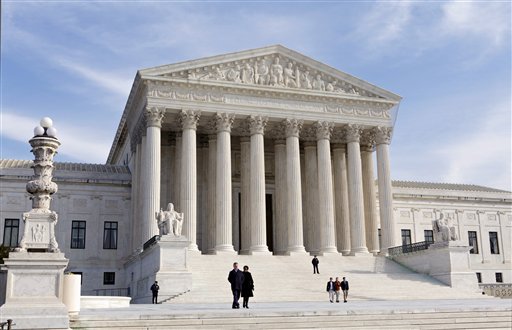On Tuesday, the Supreme Court added yet another chapter to the ongoing narrative of race-based admissions processes in U.S. colleges. Announcing its decision in Schuette v. Coalition to Defend Affirmative Action, the court upheld the state of Michigan’s ban on using race as a factor in university admissions, explaining that nothing in the U.S. Constitution allows judges to set aside popularly decided state initiatives, such as Michigan’s prohibition on race-based admissions.
Ultimately, this case does not make a ruling on the constitutionality of race-based admissions policies. As Supreme Court Justice Anthony Kennedy wrote in his opinion, “This case is not about how the debate about racial preferences should be resolved. It is about who may resolve it.”
However, the decision will allow state legislatures to potentially ban affirmative-action policies in public state universities through voter-led initiatives.
The decisions is most definitely a blow to affirmative action policies, but it is far from a final verdict on the constitutionality of affirmative action programs — such as UT-Austin’s holistic review process. That case is likely still years away. The possibility that the court’s decision will have an immediate impact on the autonomy of individual universities, however, could become a reality as soon as 2015, when the Texas legislature next convenes. It doesn’t take a stretch of the imagination to assume that some states, such as Texas, could follow Michigan's suit and pass voter-led referendums that ban race-conscious admissions programs.
Granted, the entirety of this issue applies only to public schools, and that distinction is an important one. But, while we wait for the dust to settle around a “national consensus” about affirmative action at U.S. universities, we think it best to leave these decisions to the individual schools, who best know their own needs in regard to diversity.
















